Now Viewing:
Stamford
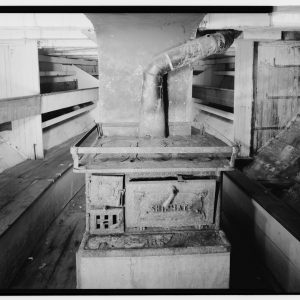
The Stamford Foundry Company Made Notable Stoves
When it ceased operations in the mid-1950s after over 120 years, The Stamford Foundry Company was the oldest known stove works in America.
Read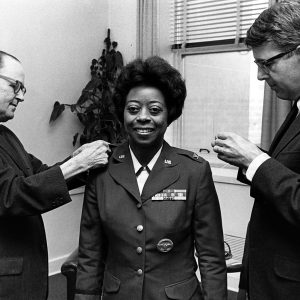
Colonel Ruth A. Lucas: Literary Advocate
In 1968, Ruth A. Lucas became the first African American woman in the air force to attain the rank of colonel and advocated for literacy her whole career.
Read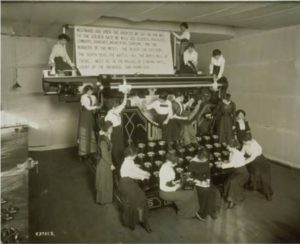
A Different “Type” of Connecticut Industry
In the middle of the 1800s, the invention of the typewriter revolutionized the way Americans communicated, including in Connecticut.
Read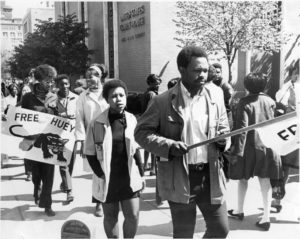
The Black Panther Party in Connecticut: Community Survival Programs
The Black Panthers had a significant presence in Connecticut in the 1960s and ’70s, particularly through community programs aimed to serve minorities living in the state’s more urban areas.
Read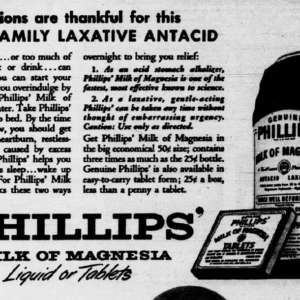
Phillips’ Milk of Magnesia Originated in Stamford
In 1873, Charles H. Phillips patented Milk of Magnesia and his company produced the popular antacid and laxative in Stamford, Connecticut, until 1976.
Read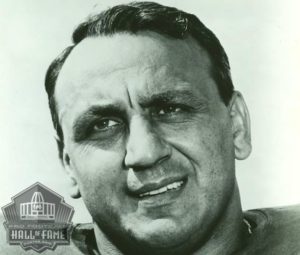
NFL Great, Andy Robustelli of Stamford
Andy Robustelli played professional football for the Los Angeles Rams and New York Giants, winning several championships and awards during his career.
Read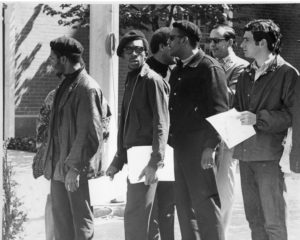
The Rise of the Black Panther Party in Connecticut
The Black Panther Party in Connecticut fought for an end to discriminatory legal and regulatory practices, often clashing with authorities to achieve their goals.
Read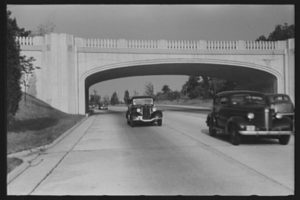
Merritt Parkway Creates Scenic Gateway to New England
This Depression-era road improvement project sought to artfully balance the natural and built environments.
Read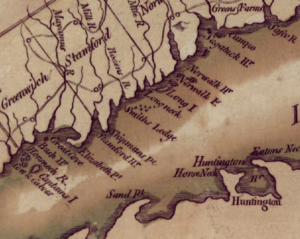
Stamford’s Three-Gun Armada
During the Revolutionary War, American privateers utilized armed whaling boats to keep the British from the colonies’ shores and prevent illicit trade in British goods.
Read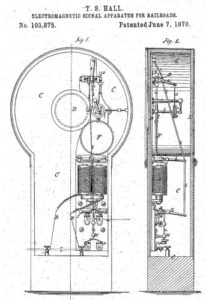
Thomas Hall’s Electric Block Railroad Signal – Today in History: June 7
On June 7, 1870, Thomas Hall patented the electromagnetic signal apparatus for railroads–better known as the automatic electric block.
Read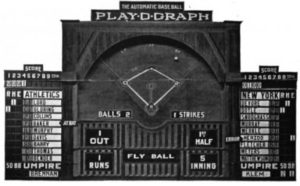
Re-creating Our National Pastime
The Baseball Playograph Company in Stamford brought live baseball to tens of thousands of Americans through the production of its “playograph” product.
Read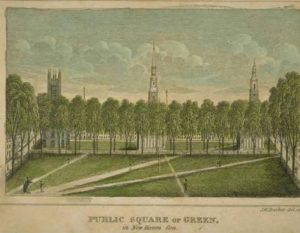
A Separate Place: The New Haven Colony, 1638-1665
In 1638, Puritan leader John Davenport led a group of settlers out of Boston, ultimately founding what became the New Haven Colony.
Read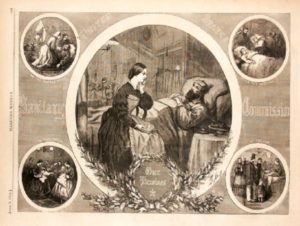
Sanitary Fair – Today in History: July 25
On July 25, 1864, the Stamford Ladies Soldiers’ Aid Society held a Sanitary Fair in response to the needs of Civil War soldiers
Read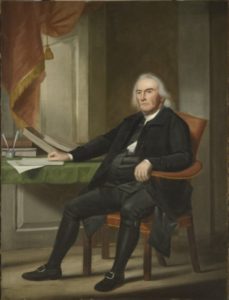
Dark Day – Today in History: May 19
On May 19, 1780, a strange darkness fell over much of New England. The darkness that enveloped Connecticut remained there for a day and a half.
Read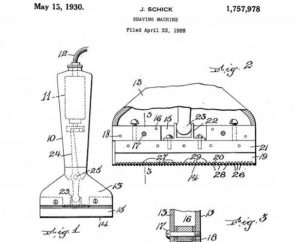
Jacob Schick Invents the Electric Razor – Today in History: May 13
On May 13, 1930, Colonel Jacob Schick obtained patent No. 1,757,978 for his dry electric shaver.
Read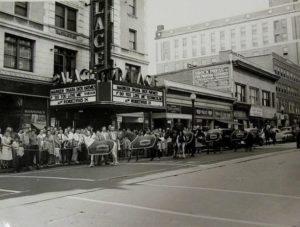
A 1947 Movie Details the Unsolved Murder of a Bridgeport Priest
An unusual murder of a Bridgeport, Connecticut, priest in 1924 inspired the movie, Boomerang!, which debuted at the Cannes Film Festival in 1947.
Read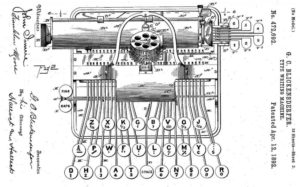
The Portable Typewriting Machine – Today in History: April 12
On April 12, 1892, the first US patent for a truly portable typewriter was issued to George C. Blickensderfer of Stamford.
Read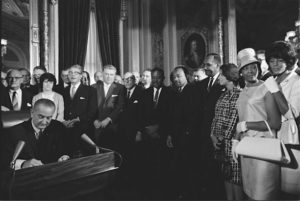
Selma, Not So Far Away
Father Leonard Tartaglia was sometimes called Hartford’s “Hoodlum Priest.” Like the 1961 film of the same name, Tartaglia ministered to the city’s poor and disenfranchised.
ReadMore Articles




